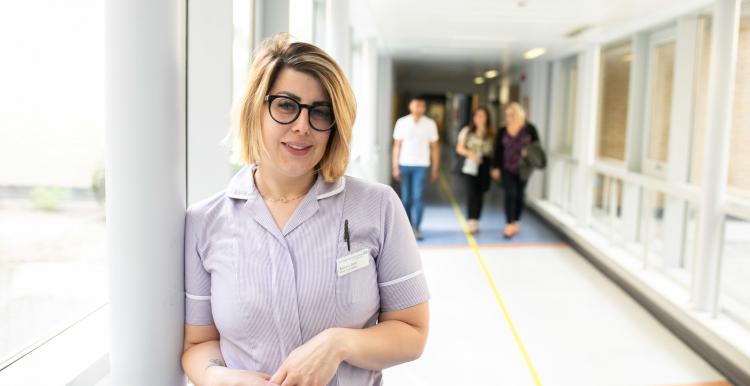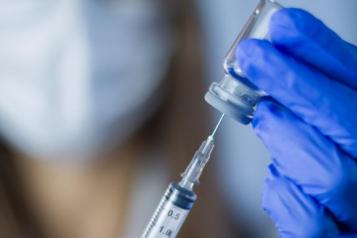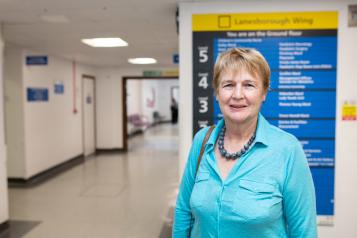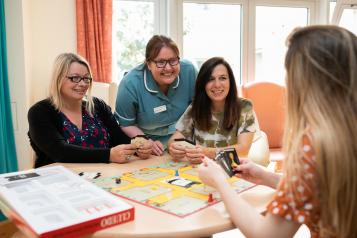Information on Coronavirus

This information was last updated on 13 April 2022
Coronavirus updates and guidelines
- Information from Healthwatch Trafford about the COVID-19 vaccine.
- Information on coronavirus, vaccination, and how to avoid catching and spreading the virus can be found on the NHS website.
Remember you can spread the virus even if you don't have symptoms so take care for your safety as well as the safety of other people.
The COVID-19 vaccination is only available from the NHS, and will always be free.
COVID-19 in numbers
Trafford Data Lab have been collecting and publishing about the coronavirus pandemic, compiled into one handy resource. Go to their website to find out more.
The main symptoms of coronavirus are:
Symptoms in adults and children may be similar to those of colds and flu. They can include:
- a high temperature or shivering (chills) – a high temperature means you feel hot to touch on your chest or back (you do not need to measure your temperature)
- a new, continuous cough – this means coughing a lot for more than an hour, or 3 or more coughing episodes in 24 hours
- a loss or change to your sense of smell or taste
- shortness of breath
- feeling tired or exhausted
- an aching body
- a headache
- a sore throat
- a blocked or runny nose
- loss of appetite
- diarrhoea
- feeling sick or being sick
If you have symptoms, you should stay at home and avoid contact with other people. You should especially avoid people who are at high risk of getting seriously ill from COVID-19.
Testing
Free testing has ended for most people in England. Some people will continue to able to access free tests, including those with some health conditions, who work certain jobs, or are going into hospital. If you are not eligible for a free test and want to take one, you will have to pay for it yourself. More information is available here from the NHS.
Coronavirus online help:
Use the 111 online coronavirus service or call NHS 119 if:
- you feel you can’t cope with your symptoms at home
- your condition gets worse
- your symptoms don’t get better after 7 days
Do not go to a GP surgery, pharmacy or hospital.
Only call 111 if you cannot get help online.
Use the NHS COVID-19 app to check-in to venues, see local area restrictions and allow contact tracing.
How to avoid catching or spreading germs
Do:
- Cover your mouth and nose with a tissue or your sleeve (not your hands) when you cough or sneeze.
- Put used tissues in the bin straight away.
- Wash your hands with soap and water often – use hand sanitiser gel if soap and water are not available.
- Try to avoid close contact with people who are unwell.
Don’t:
- Do not touch your eyes, nose or mouth if your hands are not clean.
Treatment for coronavirus
- Click here for advice from the NHS on how to help your symptoms.
- Treatment aims to relieve the symptoms while your body fights the illness.
- Antibiotics do not work against viruses.
- You’ll need to stay away from other people, until you have recovered.
Further information
Other places for information:


